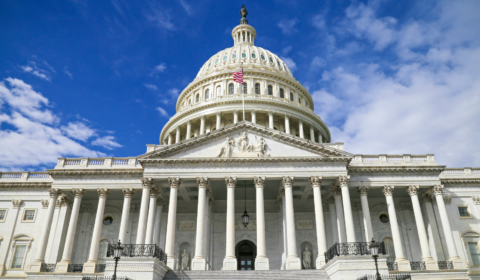In a significant stride toward combating one of the world’s most prevalent yet preventable diseases, the World Health Organization (WHO) has approved a new cholera vaccine.
Cholera has plagued regions with inadequate sanitation and limited access to clean water for years.
According to the World Health Organisation estimates, there are 1.3 to 4 million cases of cholera annually, resulting in 21,000 to 143,000 deaths globally. The majority of these cases occur in Africa and Asia, where the disease remains endemic, perpetuating cycles of poverty and illness.
The newly approved vaccine called Euvichol-S, is a simplified formula that uses fewer ingredients, is cheaper, and can be made faster than previous formulas. This broader efficacy is poised to make a profound impact on vulnerable populations, especially in regions where access to healthcare is limited.
Dr Derrick Sim, Managing Director of Vaccine Markets and Health Security at Gavi, hailed the approval as a landmark achievement in global health equity. ‘Prequalification of Euvichol-S represents a lifeline for vulnerable communities around the world,’ he said.
‘The approval of this new product could not have come at a more important time given the acute upsurge of cholera outbreaks we are seeing worldwide.’
The approval of the new vaccine comes at a critical juncture, as cholera outbreaks continue to strain fragile healthcare systems worldwide, exacerbated by factors such as conflict in Sudan and natural disasters across Asia. Bolstering immunisation efforts, particularly in high-risk areas, health authorities aim to curtail the spread of cholera and avert future outbreaks.
Both continents bearing the brunt of the cholera burden stand to benefit significantly from the introduction of the new vaccine.
In sub-Saharan Africa, where cholera outbreaks are frequent and devastating, the vaccine’s approval offers a ray of hope for millions. Similarly, in parts of Asia where cholera remains rife, the vaccine holds promise in reducing the disease’s impact on public health and socioeconomic development.




















